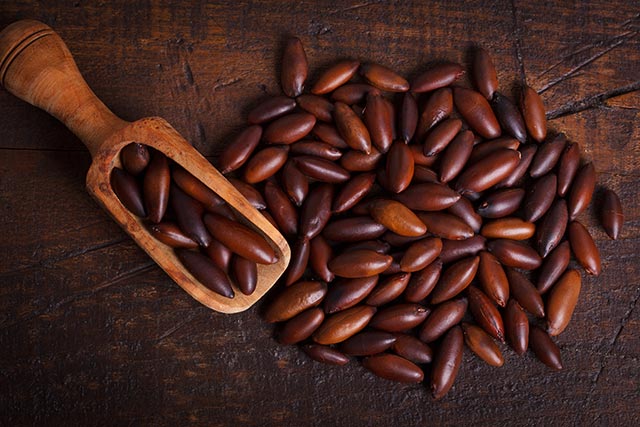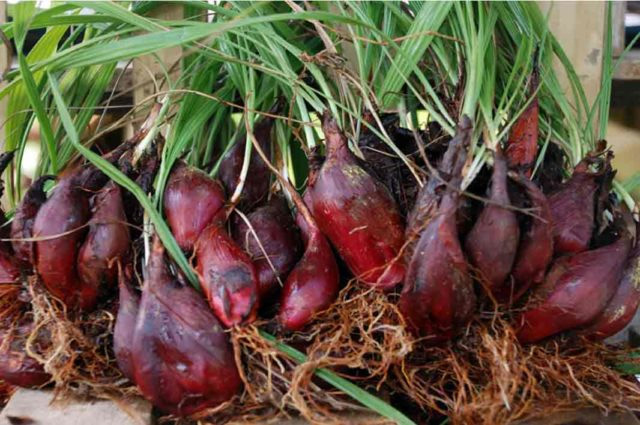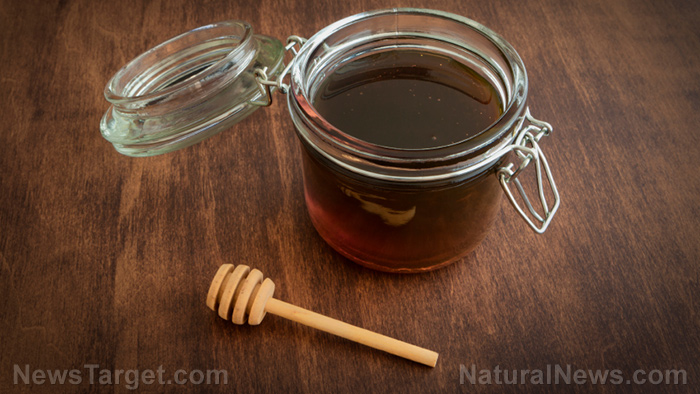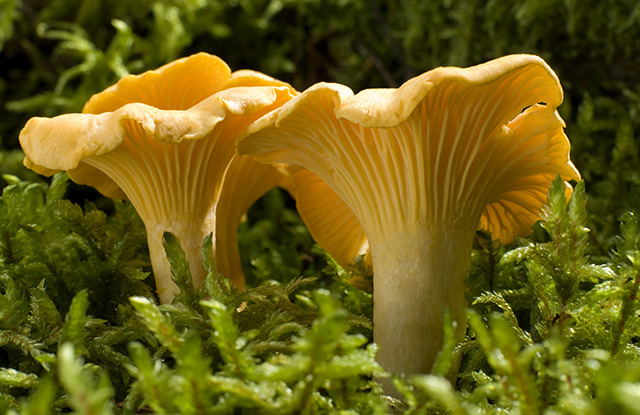Essential oils found to be effective fumigants against the pulse beetle, a pest common in chickpeas, lentils and other legumes
01/09/2018 / By Ralph Flores

Essential oils have a lot of benefits, especially for people. However, this effect is not just limited to people – it can even be used in plants. A recent study found that certain types of oils can be effectively used as fumigants against some insects.
The study, which was published by the Entomological Society of Southern Africa, evaluated the effects of essential oils against the pulse beetle by conducting fumigant toxicity tests. The team first placed samples of cowpea seeds and newly-hatched pulse beetles in airtight jars. They then closed it using jar lids that had strips of filter paper (that contained different concentrations of the essential oils) attached to the inside. The mortality rate of the bugs was noted starting from six hours after the treatment. Additionally, the ovicidal capacity of the oils was also tested in a similar fashion.
The results indicated that four oils were able to kill pulse beetles with the least amount of dosage: Camphor, eucalyptus, nutmeg, and rosemary. Other essential oils were noted to have fumigant properties, although in higher concentrations. Moreover, four oils were discovered to be effective ovicides – camphor, eucalyptus, rosemary, and wintergreen oils. In the study, researchers have discussed the possibility of using the oils to control the pulse beetle in storage conditions as a part of a future study.
The pulse beetle is known to cause damage to pulses (edible seeds of some legumes) like cowpea, soybean, pigeon pea, and lablab. Both the larva and the adult beetle are considered pests since they can bore into the grain and feed on the kernel. The insects can also fly, allowing them to wreak havoc in a wider space by depositing their eggs onto various plants.
Earlier studies have also explored the possibility of essential oils in managing the pulse beetle. Researchers from the Dr. Y. S. Parmar University of Horticulture and Forestry had experimented on the effects of essential oils on pea seeds that are already in storage. In the study, which was published in the Journal of Entomology and Zoology Studies, the team discovered that some essential oils were able to protect peas from the pulse beetles.
In the study, six plant essential oils were tested – namely, camphor, wild marigold, cone-bearing sage, eucalyptus, lemongrass, and sweet flag – to check how well can they protect seeds from being eaten by pulse beetles. Researchers mixed seeds with the essential oils and then was stored together with adult pulse beetles for two months. After the storage period, the seeds were evaluated to check for seed damage, weight loss, as well as other data.
The results pointed out that while all essential oils were effective in protecting pea seeds from damage, seeds that were mixed with sweet flag oil had the lowest amount of seed damage, with 0.33 percent. Sweet flag and lemongrass essential oils also lessened the weight loss due to damage.
Experts have been looking at essential oils as a possible replacement for synthetic herbicides and pesticides. In one study published in the International Journal of Environment and Health, researchers from National Institute of Health and Safety at Work in Rome and Tuscia University have found out that essential oils have the possibility to be used as a bioherbicide, which they say is “an alternative strategy to the chemical remedy.” They point out that unlike pesticides, “essential oils are not accumulated in the environment, because of their low persistence due to the easy degradation by microbial and enzyme activity. This aspect could represent an advantage compared to the bioaccumulation of chemicals on soil.” (Related: No more toxic fungicide: Oregano essential oil protects corn crops from fungal infections.)
Learn more about how essential oils can protect plants by going to EssentialOils.news today.
Sources include:
EntomolJournal.com [PDF]
Tagged Under: camphor oil, discoveries, essential oils, Eucalyptus oil, fumigant, herbicides, insecticides, nutmeg oil, ovicides, pulse beetle, research, Rosemary Oil, wintergreen oil




















